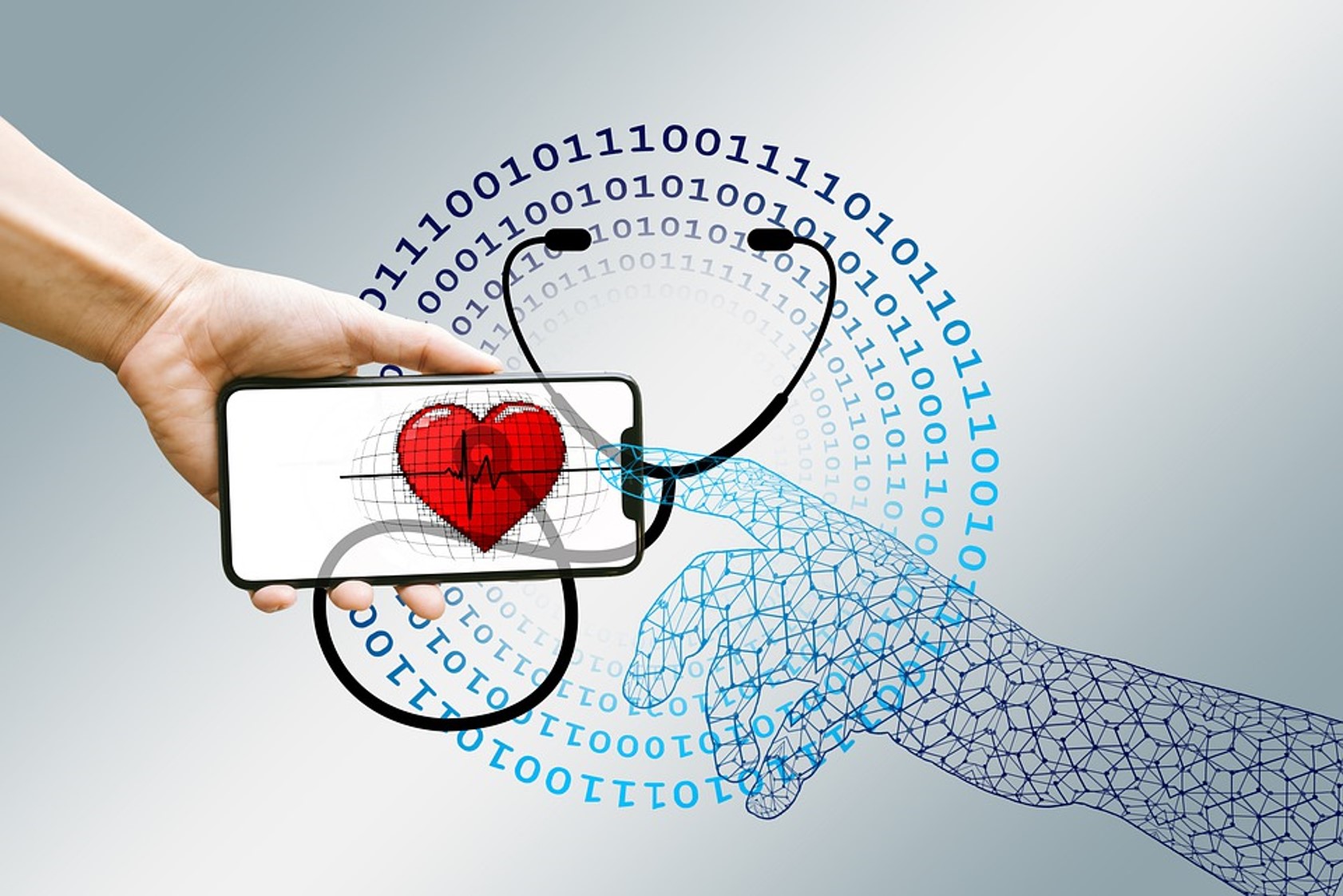Thematic Field 3: Digital Health
Digitalizing Health
The digitization of health is probably one of the most interesting, useful and at the same time most difficult research fields of all. Why is that so? In the field of digitization of health, there is initially a great deal of potential that has not been used so far: the merging of health information opens up considerable potential for gaining knowledge, be it for science or directly for use by humans themselves. Increasing the quality of life has such a strong potential that digital health could become the dominant technology topic for the next few years. The phenomenon can be observed in other areas (social networks, industrial digitization, cars), in which the combination of data and corresponding algorithms have triggered considerable innovation spurts. The basis is a law from computer science, Metcalf's Law, which describes an exponential increase in an (information) network with the number of participating nodes (persons, data). However, the law only applies if the data can be linked to one another without restrictions. But in the field health there are numerous restrictions, and for good reasons: On is the confidence in the technology - which is why we need to research a lot more about the effect of the technology (technology assessment and subsequent behavior change) in this field. In addition, there are challenges to create the technical basis by means of suitable privacy and security mechanisms. Technical difficulties such as the uniquely high variance of the data in the health sector or the spatial distribution of large amounts of data also require fundamental new research insights and technology. Due to its high competence in the field of information technology as well as technology and behavior assessment, KIT is an exceptional good place to address exactly these challenges and provide leading solutions for digitalizing health.
Digital Twins Artificial Intelligence Personalized Medicine

Digitalizing the Health System is a complex endavour, and would be even if all health data of today would be readily available without restrictions. Why is this the case? When using the Big-Data 5V complexity factor, health data are the probably most complex data at all, with extreme high variance, uncertainty (veracity) and volume. It is forseeable that health data will be THE benchmark data for many AI, security and privacy algorithms – a trend that is already in place. Thus research in health technology is not only an interesting research field as such – it has the potential to accelerate research in contributing fields that handle with the data as well – from social science and economics to computer science. To tackle the problem of high 5V complexity we will need access to the full bandwidth of health related data. Our plan is to establish a region wide health care system center, that searches systematically for partners that work with us and provide us access to data of various kind: the KARE region.
Artificial Intelligence Intelligent Wearables Intervention of the Future
My Virtual Health
Personal health data is the key to improved personal health. But only if someone trusts the IT system will they provide their personal health data. Only when he is convinced of the personal benefits for his own health will someone use the health systems. This trust can be supported by a variety of technical methods to ensure privacy and security. In addition, there are also aspects of the positive connotation of the technology used and the trust in its usefulness. Significant research efforts are still needed in both areas. The inclusion of legal framework conditions, e.g. for anonymization, for avoiding the transmission of certain personalized information via certain communication networks (edge-to-cloud), for the efficient (AI-driven) processing of anonymized health data, for unbreakable security of access are just a few of the technical research areas.
For social acceptance, however, it is at least just as important to know which technical systems and which presentation of technical systems are perceived particularly positively by prospective users. And of course it is important to research which personal health systems are desired by whom, and how we can design them in such a way that they can be used optimally and have the best positive impact on personal health.
Digitalizing Health Intelligent Wearables Biomaterials


